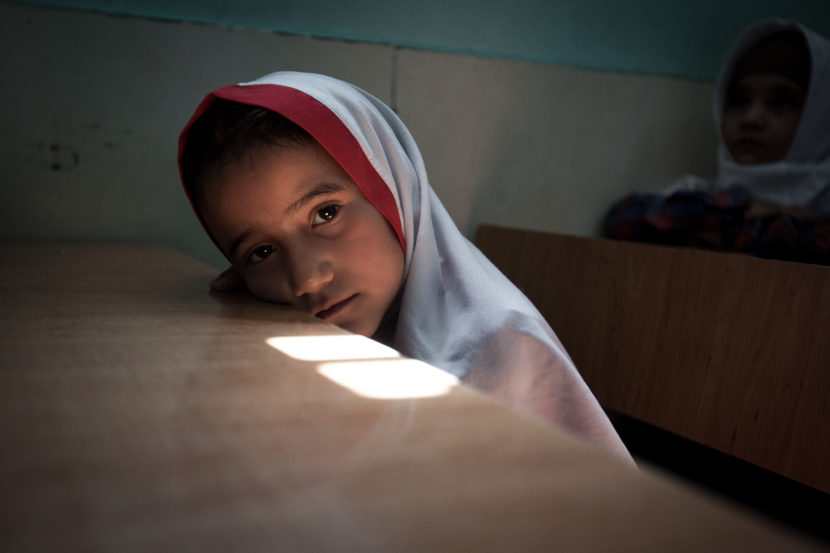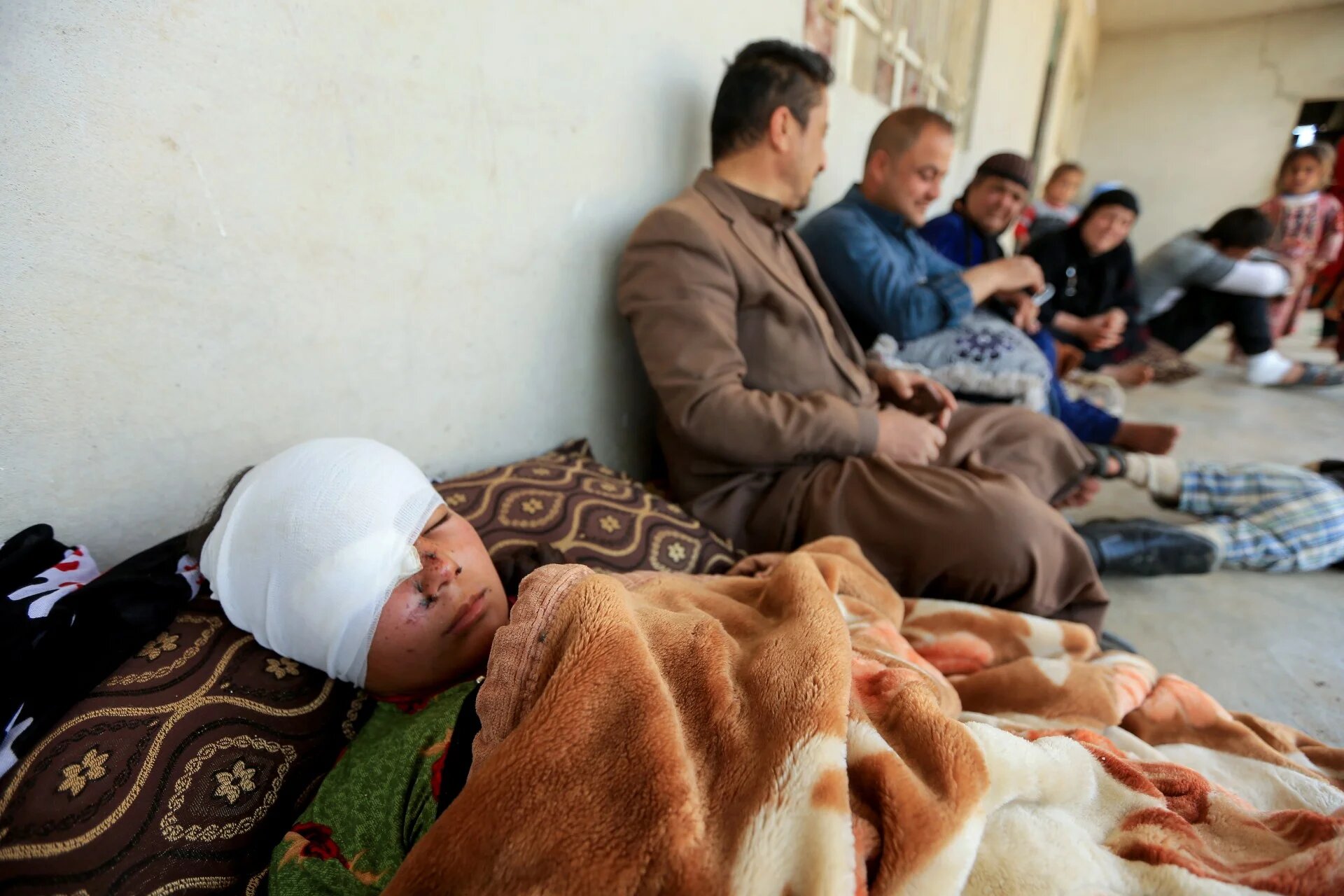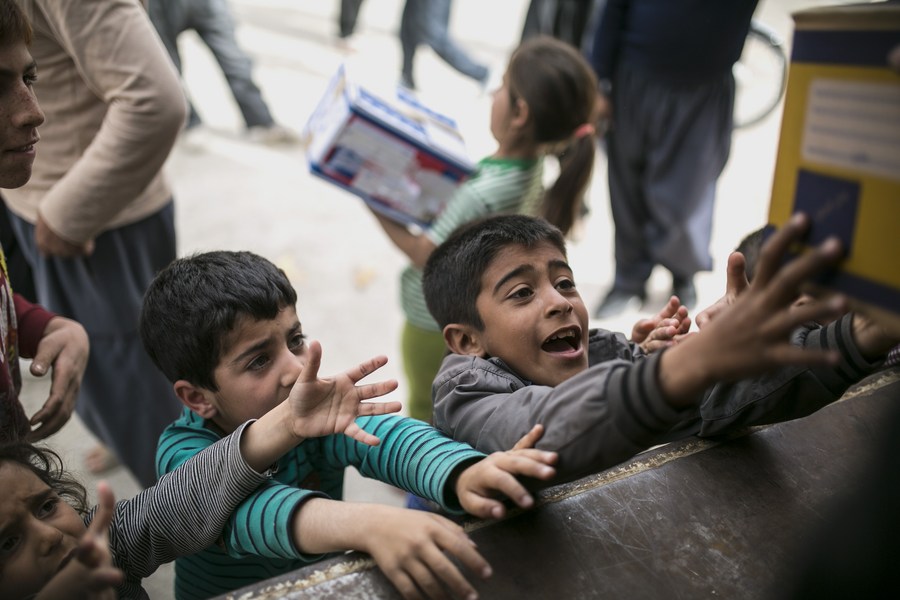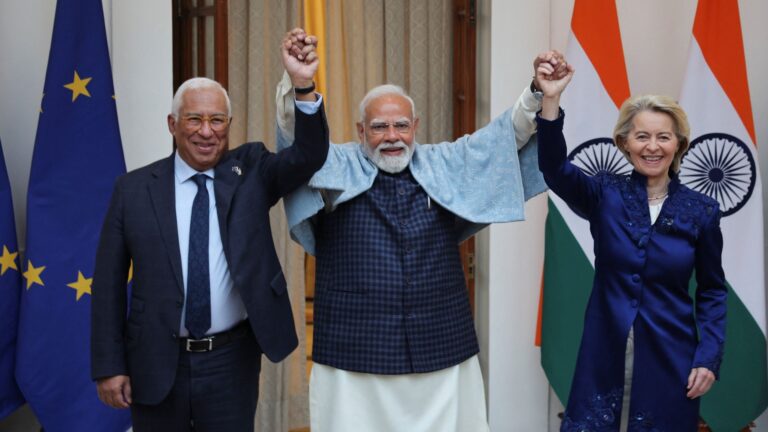
Sanctions, and the Silence of Stolen Childhoods:
 Empty Shelves, lost futures: growing up under sanctions ( picture taken from Humanium)
Empty Shelves, lost futures: growing up under sanctions ( picture taken from Humanium)
Sanctions are often branded as peaceful alternatives to war, policy tools designed to apply pressure without drawing blood. But in the shadows of these economic weapons, a quieter crisis unfolds. In Iran, decades of international sanctions have created a parallel reality,one where the most profound consequences are felt not in boardrooms or government offices, but in the everyday lives of children.
The reality looks different in most parts of the world, a child with a fever is given medicine before the sun sets. In many Western homes, a scraped knee earns a trip to the pharmacy, not a whispered prayer. Classrooms hum with central heating, shelves brim with fresh books, and lunchboxes carry more calories than some families see in a day. These are the silent luxuries of peace and privilege that most nations often inherit without question. A future shaped by possibility, not limitation.
Meanwhile, in Tehran that same future unfolds differently. Here, a child might wait weeks for a simple antibiotic. A diabetic teen may be forced to share insulin with a sibling. Schoolchildren copy lessons from textbooks printed a decade ago. And when sanctions tighten, it’s not the powerful who feel the squeeze, it’s the smallest hands, the youngest voices.
This is not a story of politics or religion. It’s a story of inequality so quiet, it slips under the radar of headlines. A story of children who grow up in the shadow of decisions made oceans away, in boardrooms where no one speaks their name.
Broken Pharmacies, Broken Childhoods
 Children wait for medicine that may never arrive ( picture courtesy Middle East Eyes)
Children wait for medicine that may never arrive ( picture courtesy Middle East Eyes)
While Western policymakers debate nuclear compliance and oil revenues, Iranian parents face a more personal crisis: finding medicine for their children. Due to the sanctions, many international pharmaceutical companies have withdrawn from the Iranian market. Even when humanitarian exemptions exist, complex financial restrictions and shipment delays often render them useless.
Children with chronic illnesses such as epilepsy, diabetes, and cancer suffer the most. Their treatments are frequently interrupted, their diagnoses delayed, and their chances for survival diminished. A child’s right to healthcare becomes a casualty of international negotiation.
A Childhood Shaped by the Shadow Economy
In the face of rising scarcity, Iran has witnessed the rise of a robust black market. Families turn to Telegram channels or local contacts to find insulin, antibiotics, or even baby formula. Prices fluctuate wildly, and trust is fragile. In many working-class families, children are pulled into this informal economy, helping their parents source supplies, run errands, or sell contraband goods on the street.
These pressures force many to grow up too soon. Instead of schoolyards, they learn in shops and smuggling routes. Education takes a backseat to survival, and economic resilience often comes at the cost of childhood.
Gendered Impact of Sanctions: When Girls Are the First to Lose
For young girls, the impacts of sanctions are especially brutal. Menstrual hygiene products,many of which are imported, become scarce or unaffordable. With limited access to sanitation facilities and growing cultural taboos, many girls skip school during their periods or drop out entirely.
In resource-strapped families, boys’ education is often prioritized. Girls are kept home to help with domestic tasks or because parents fear the risks of letting them travel long distances in unstable conditions. The result is a gendered cycle of deprivation, less education, fewer opportunities, and a narrowing future.
Beyond Iran: A Pattern of Invisible Suffering
 This is what economic isolation looks like on the ground ( picture taken from Xinhua)
This is what economic isolation looks like on the ground ( picture taken from Xinhua)
Iran’s story is not an outlier. In Venezuela, North Korea, Syria, and parts of Sudan, the same patterns emerge. Children are rarely the targets of sanctions, but they are almost always among the worst-hit. Malnutrition rises, child labor increases, and mental health suffers.
Sanctions are designed to punish regimes, but in practice, they often punish the poor. And among the poor, children are the most vulnerable.
Rethinking What Sanctions Mean
Sanctions need not be dismantled entirely, but they must be reimagined. Current humanitarian exemptions are often too vague, bureaucratic, or politically entangled to function properly. Aid corridors for essential medicines and education supplies should be created, monitored by neutral international bodies.
Moreover, the global community must hold itself accountable not just for the intent of its policies, but for their outcomes. If a policy leads to hunger, illness, or missed schooling for children, it must be scrutinized with the same intensity as any direct violation of human rights.
Keep reading The World Times for more such perceptive reads.



